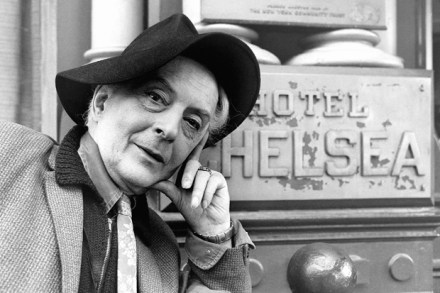Isabel Allende’s Ripper doesn’t grab you by the throat
More from BooksIsabel Allende is not an author one usually associates with the thrillers about serial killers. Ripper, however, lives up to its title. It’s the name of an online game, set in Jack the Ripper’s London. Six players — five teenagers and an elderly man — inhabit their personas with fanatical fervour. They switch their forensic






























